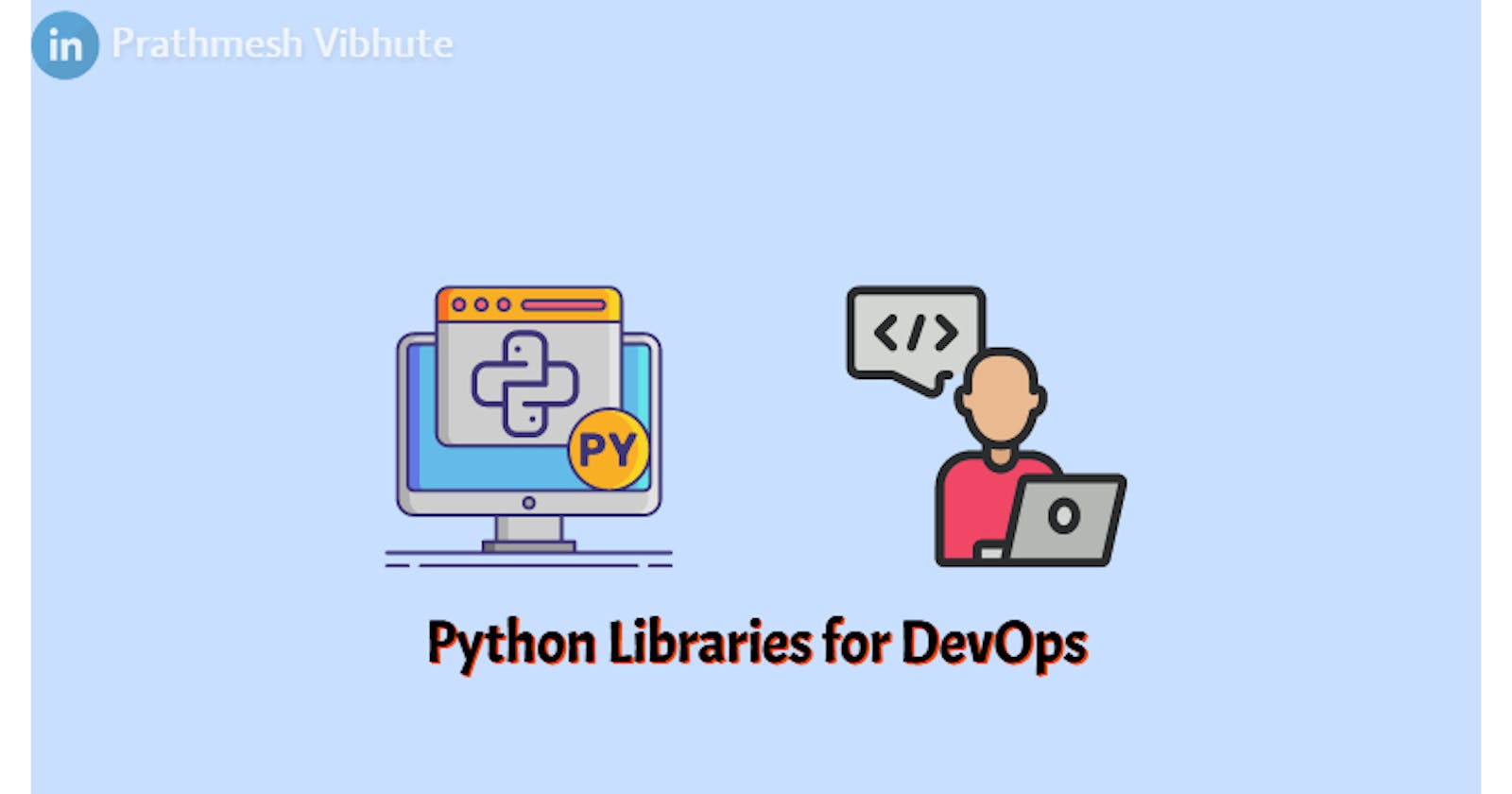As a DevOps Engineer, proficient handling of various file formats is crucial. Whether it's parsing configuration files, managing infrastructure definitions, or automating deployment workflows, having the right tools at your disposal is essential. In the Python ecosystem, several libraries simplify these tasks, making them indispensable for DevOps professionals.
JSON Handling with Python
JSON (JavaScript Object Notation) is a ubiquitous data interchange format, widely used in configuration files, API responses, and more. Python provides native support for JSON manipulation through the json module.
YAML Processing with Python
YAML (YAML Ain't Markup Language) is another popular format for configuration files due to its readability and expressiveness. Although Python doesn't have built-in support for YAML, the PyYAML library provides seamless integration.
Create a Dictionary in Python and write it to a json File.
Let's start by creating a dictionary in Python and writing it to a JSON file:

This script creates a dictionary data, then writes it to a JSON file named data.json with an indentation of 4 spaces for better readability. Finally, it prints a message confirming the completion of the writing process.
Read a json file services.json kept in this folder and print the service names of every cloud service provider.

Read YAML file using python, file services.yaml and read the contents to convert yaml to json
To read a YAML file and convert its contents to JSON using Python, you can use the PyYAML library to parse the YAML file and then use the json.dumps() function to convert the parsed YAML data to JSON format. Here's how you can do it:
First, make sure you have the PyYAML library installed. You can install it via pip:
pip install PyYAML
Then, you can use the following Python script to read the services.yaml file and convert its contents to JSON:


This script reads the services.yaml file, parses its contents using yaml.safe_load(), converts the parsed YAML data to JSON using json.dumps(), and then prints the resulting JSON data.
Conclusion
Python offers a rich ecosystem of libraries for DevOps tasks, including handling JSON and YAML files. The json module provides native support for JSON manipulation, while the PyYAML library seamlessly integrates YAML processing into Python workflows. Mastery of these libraries empowers DevOps engineers to efficiently manage configurations, automate workflows, and streamline infrastructure provisioning across various cloud platforms.
I'm confident that this article will prove to be valuable, helping you discover new insights and learn something enriching .
thank you : )
